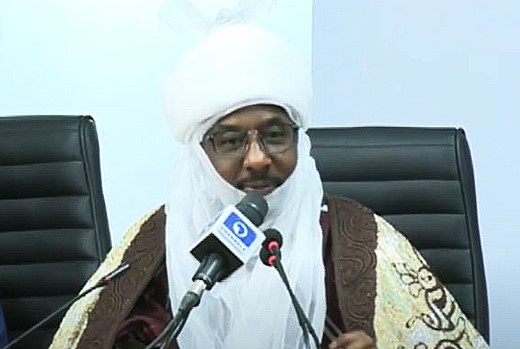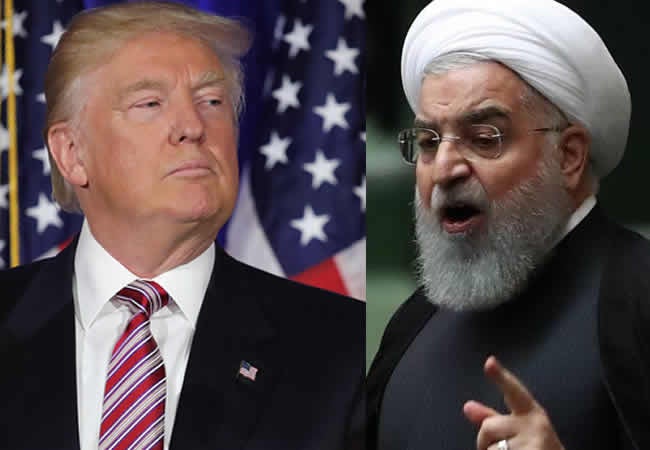How over-reliance on oil left Nigeria unproductive, Sanusi II says at Kaduna Summit

By BASHIR ADEFAKA

His Royal Highness Muhammadu Sanusi II went on to say that for Nigeria, “there was an increase in wealth but without any structural transformation. We were growing but we did not diversify and that explains the huge levels of poverty in the country, it explains the huge levels of inequality in the country, it explains the vulnerability of the economy to shocks, it also explains the relatively slow pace of growth because when Malaysia started, they started from a GDP per capita level lower than Nigeria’s GDP per capita in 1985. It started from $310 to $4,045 while we started from $345 to $2,055”.
It has been said that over-reliance on oil in the wake of many other aspects of economy yearning for attention is bane of economic development in Nigeria.
To get things right therefore, authorities of the country is asked to take their ongoing diversification of the economy more seriously in order to experience growth and development.
Giving this instructive advice on Tuesday during the second day and final session of the Kaduna Investment Summit was Sariki Muhammadu Sanusi II, who was the guest speaker explaining that over-reliance on oil was the very problem that left the country unproductive.
Maing reference to Malaysia, Sanusi, immediate past Governor of the Central Bank of Nigeria and Emir of Kano, gave a breakdown of the economic growth of both countries within a 30-year period.
His Royal Highness Muhammadu Sanusi II went on to say that for Nigeria, “there was an increase in wealth but without any structural transformation”.
“We were growing but we did not diversify and that explains the huge levels of poverty in the country, it explains the huge levels of inequality in the country, it explains the vulnerability of the economy to shocks, it also explains the relatively slow pace of growth because when Malaysia started, they started from a GDP per capita level lower than Nigeria’s GDP per capita in 1985. It started from $310 to $4,045 while we started from $345 to $2,055”.
He also stressed the importance of the government creating the right environment and infrastructure for private businesses to thrive.
“One way to look at it is to understand the difference between production and consumption,” he said, adding that “electricity per capita is such a critical determinant for moving people out of poverty”.
Speaking further, the former CBN governor who is also the Vice-Chairman of the Kaduna Investment Promotion Agency, noted that with the right environment, the country can move away from being only consumers to producers of technology.
He urged the youths also to not only rely on the government but to create opportunities for themselves, including exploring the endless possibilities of their smartphones.
“We need to think over and over again as to how we understand economics and what we see. How do we understand technology or electricity are we consumers or are we producers and that’s why investment in human capital is so important.
“Produce young men who know that they are worth more than just using their phone to import a pair of shoes,” he said.









